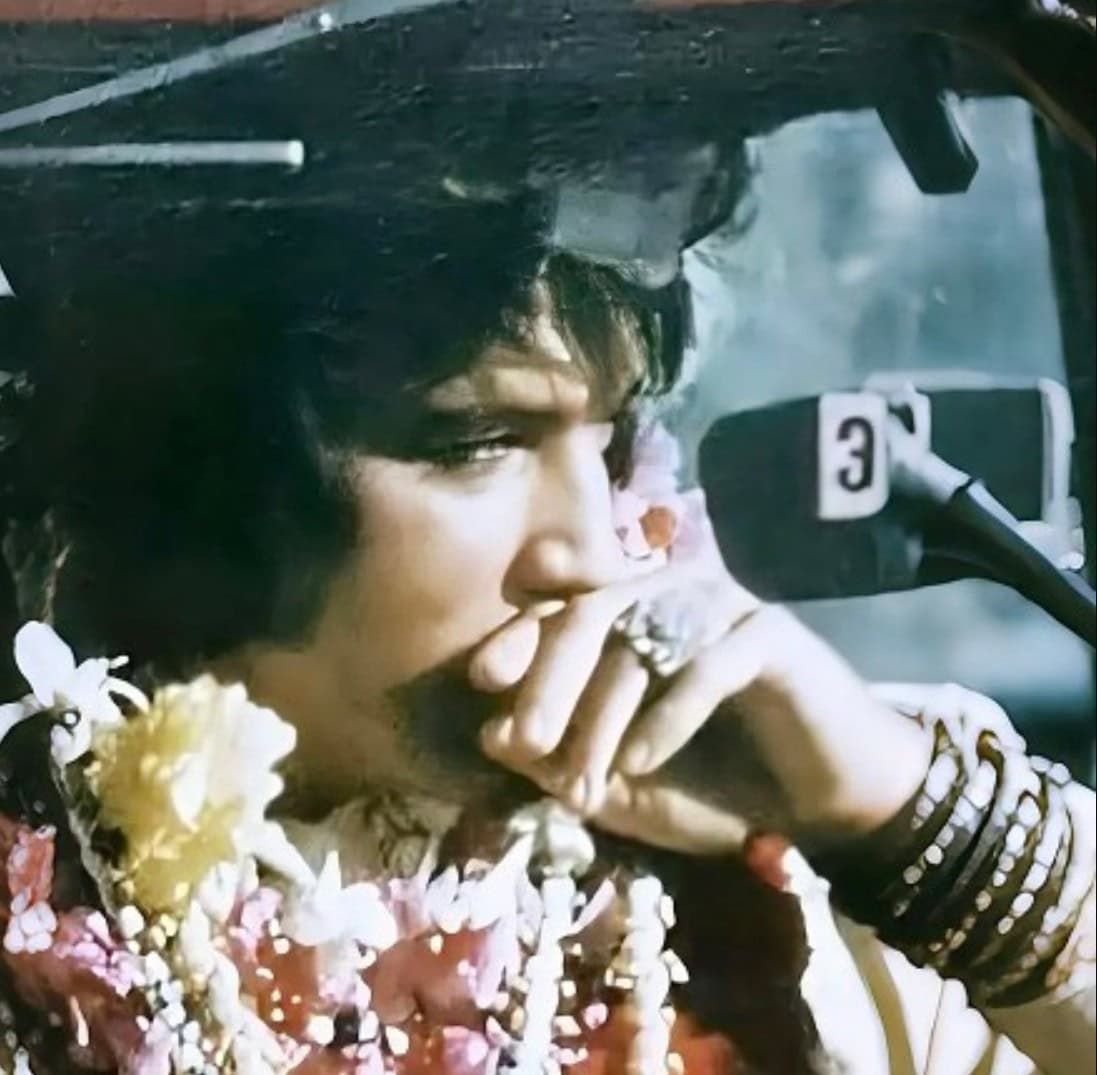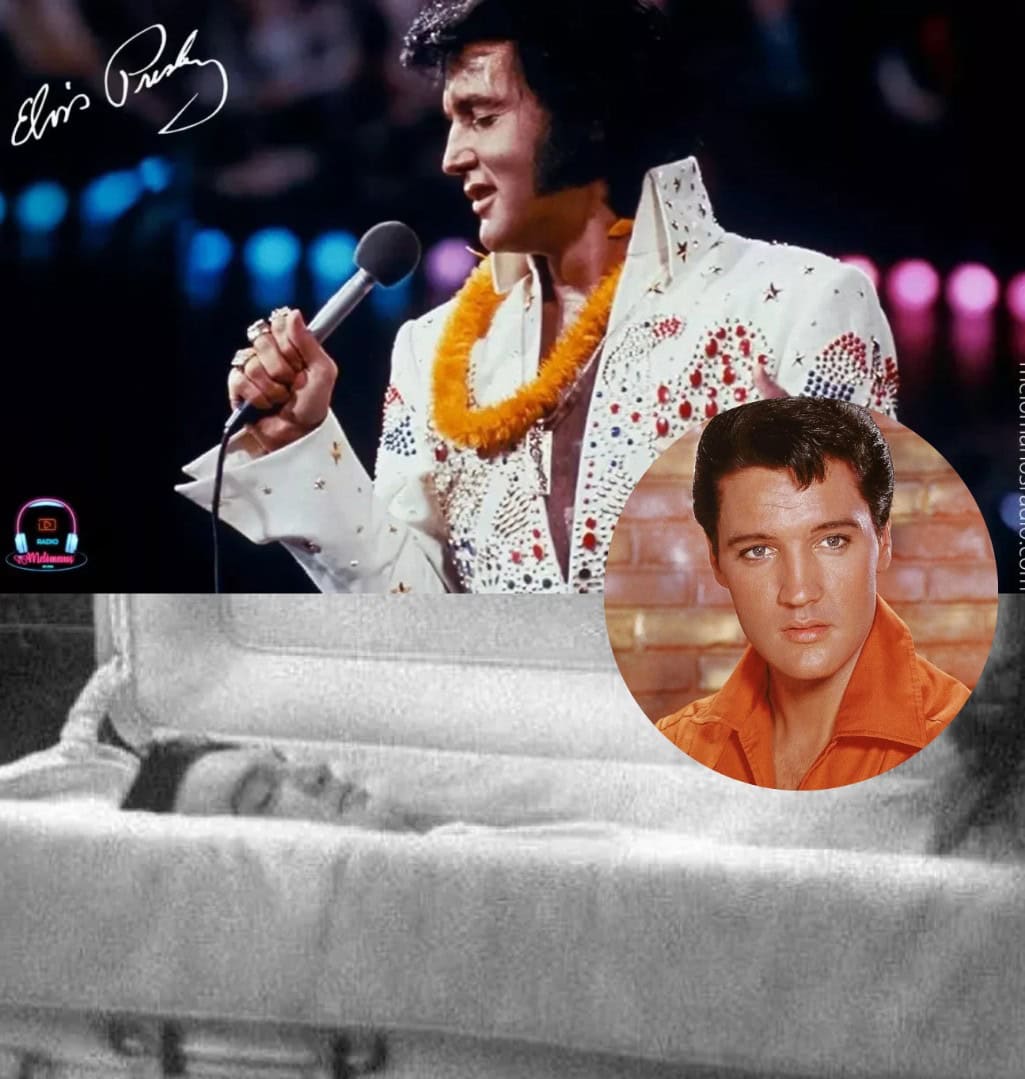
About the song
Elvis Presley’s autopsy report is not set to be released until 2027, the fiftieth anniversary of his death. That fact alone feels unsettling, as if the truth about his final days has been locked away, too painful for the world to confront. It only deepens the enigma surrounding a man who seemed untouchable under the stage lights, yet was so vulnerable behind closed doors.
On Graceland tours, guides often stress that Elvis never drank alcohol. And it’s true — he didn’t. To many, this suggested discipline, even purity. Yet while he avoided alcohol, he quietly fell into something far more dangerous: prescription pills. During the 1960s and 70s, addiction wasn’t widely recognized. Doctors prescribed freely — pills to sleep, pills to wake up, pills to quiet anxiety, pills to keep performing. What was meant to sustain him ultimately became a hidden threat.
For twenty years, Elvis carried the immense weight of superstardom, working relentlessly to meet expectations while battling exhaustion. The public only saw sequined jumpsuits, sold-out arenas, and a dazzling smile. Few glimpsed the lonely man behind Graceland’s gates, swallowing whatever it took just to keep moving forward.
And that is the true tragedy. Elvis Presley wasn’t undone by alcohol, scandal, or tabloid drama. He was quietly destroyed by a danger largely overlooked at the time. He was the brightest star of his era, yet he left the stage not with a farewell, but with a silence medicine could not heal. To think of what he might have given, and the isolation he endured, makes his story one of the most heartbreaking losses in music history.
